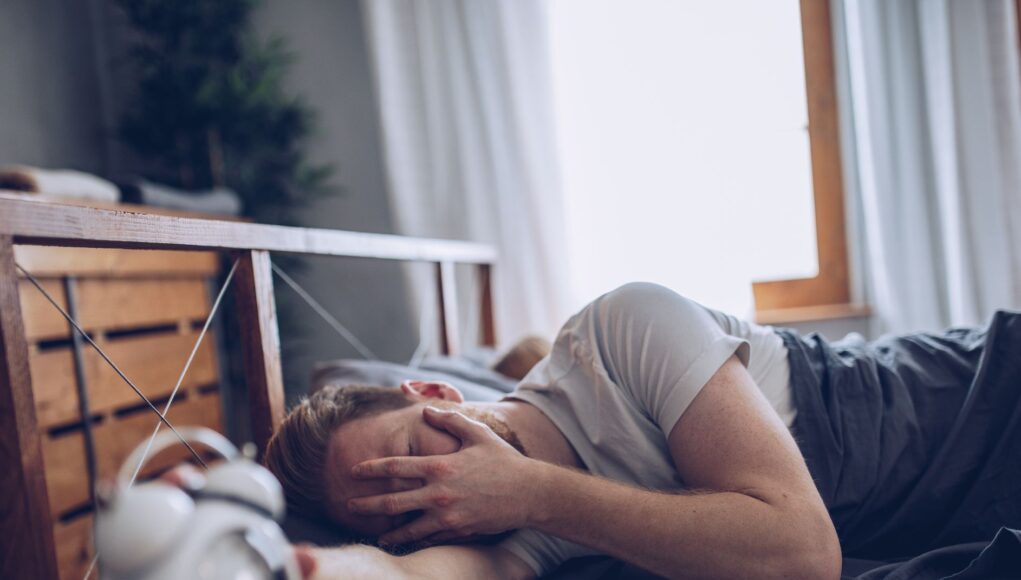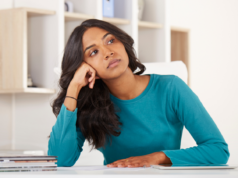It’s normal to feel a bit sleepy right after waking up. Many people find that a cup of coffee or a shower will help them. But if you experience morning drowsiness regularly, especially if you have exhaustion all day long, there could be another problem at hand. If you frequently find it difficult to get out of bed even after a pleasant night’s sleep or if your tiredness lasts for a lengthy period of time, it may start to severely influence your ability to live life to the fullest. You may take steps to minimise the amount of time you spend feeling groggy in the morning and to increase your energy levels throughout the day.
- You are sleeping in the wrong hour.
Keep in mind that you have a certain chronotype (e.g., early bird, night owl, etc.), and mornings might be awful if you get up at a time that is inconsistent with your chronotype.
- You spend too much time in bed
When attempting to get out of bed in the morning, many individuals snooze 4–10 times. This is a bad idea, and here’s why: The typical duration of the snooze button is 7-9 minutes, which is not enough time for your brain to return to a deeper, more rejuvenating stage of sleep. You are actually obtaining interrupted, fragmented sleep during the last 30 to 60 minutes of sleep.
- The atmosphere in your bedroom is keeping you awake.
Your ability to sleep in your bedroom may be impacted by a variety of factors. For starters, the temperature of your bedroom has a big impact on how well you sleep, so you might want to try using a cooling mattress or lowering the air conditioning. Additionally, blue light night lamps are available because they prevent the production of melatonin, which is necessary for restful sleep.
- Your bed mate prevents you from obtaining quality rest.
You lose an hour of sleep per night if your bed companion snores. Additionally, if your bed partner is keeping you awake more often from excessive tossing and turning than from loud snoring.
- You consumed something that is impairing your ability to sleep.
Caffeine and alcohol use are the two main problems. Alcohol may make you feel tired, but it really prevents you from falling asleep deeply, which makes you feel terrible the next morning. The same thing happens with caffeine; this stimulant prevents your brain from entering deeper sleep, which also makes sleep unrefreshing. Stop drinking alcohol and caffeine by 2:00 p.m. Caffeine has a half-life of 6–8 hours, so if you quit at 2, by 10 at least half of it should be gone from your system.
- You can suffer from a sleep issue.
Even if the signs may not be severe, there are numerous sleep disorders that can impair the quality of your sleep. Sleep apnea is a prominent example, but there are several others including narcolepsy, insomnia, and restless legs syndrome.










